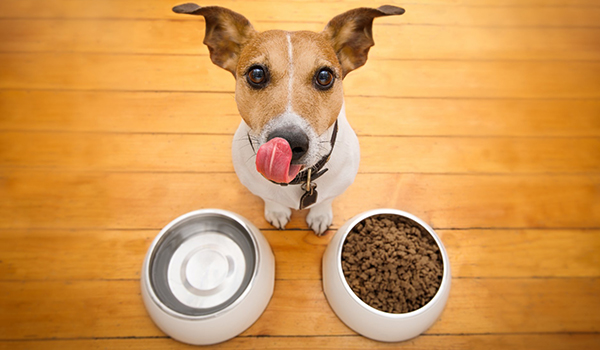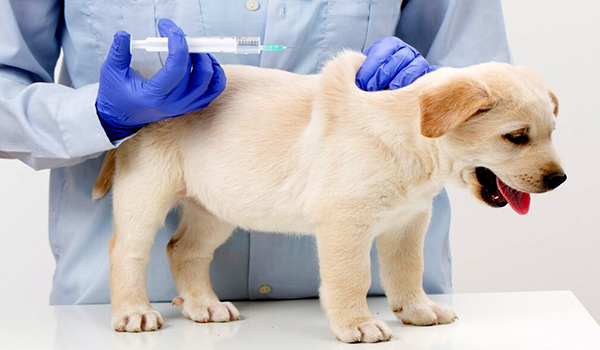
Pregnancy is a special time for your dog, and it’s also a period when she needs extra attention and care from you. Proper nutrition, regular vet visits, and a calm environment all help ensure a healthy pregnancy and smooth delivery. Here’s what every dog owner should know.
1. Schedule a Veterinary Checkup
As soon as you suspect your dog might be pregnant, make an appointment with your veterinarian. A vet can:
- Confirm pregnancy through a blood test, ultrasound, or X-ray.
- Check your dog’s overall health and rule out complications.
- Provide a vaccination and deworming schedule safe for pregnant dogs.
Regular checkups during pregnancy allow your vet to monitor your dog’s progress and answer any questions you have.
2. Provide Proper Nutrition
Pregnant dogs need a high-quality diet to support the development of their puppies. Most vets recommend:
- High-quality commercial dog food formulated for growth or reproduction.
- Increased calorie intake in the second half of pregnancy.
- Fresh water at all times to prevent dehydration.
Avoid overfeeding early in pregnancy; your dog will gain most of her weight in the final weeks.
3. Adjust Exercise
Your dog still needs daily walks and light exercise to maintain muscle tone and prevent excessive weight gain. However:
- Avoid strenuous exercise or rough play, especially in the later stages.
- Short, gentle walks are best.
- Provide opportunities for mental stimulation with toys or gentle training sessions.
4. Create a Comfortable Space
Pregnant dogs appreciate a quiet, cozy area where they can rest:
- Set up a soft bed in a warm, low-traffic part of your home.
- Introduce a whelping box (a secure area for birthing) a week or two before the due date so she can get used to it.
- Keep other pets and small children away from her resting area.
5. Monitor Health and Behavior
Keep an eye on your dog’s appetite, energy level, and discharge:
- Mild nausea early in pregnancy is normal.
- Clear or slightly milky discharge can also be normal.
- If you see green, black, or foul-smelling discharge, or if your dog seems weak, call your vet immediately.
You may also notice behavior changes—some dogs become more affectionate, others more reserved. Give her space and gentle attention as needed.
6. Maintain Preventive Care
Certain vaccines and parasite treatments are safe during pregnancy, but others are not. Follow your vet’s recommendations carefully:
- Keep up with flea, tick, and worm control using products approved for pregnant dogs.
- Avoid unnecessary medications unless prescribed by your veterinarian.
7. Prepare for Whelping
As your dog nears her due date (usually 58–65 days after breeding):
- Keep the whelping area clean and stocked with clean towels.
- Learn the signs of labor: restlessness, nesting, drop in body temperature, and loss of appetite.
- Have your vet’s emergency number on hand in case of complications.
Bottom Line
Caring for a pregnant dog is both rewarding and demanding. With regular veterinary care, balanced nutrition, gentle exercise, and a quiet space to rest, you can help your dog stay healthy and give her puppies the best start in life.




